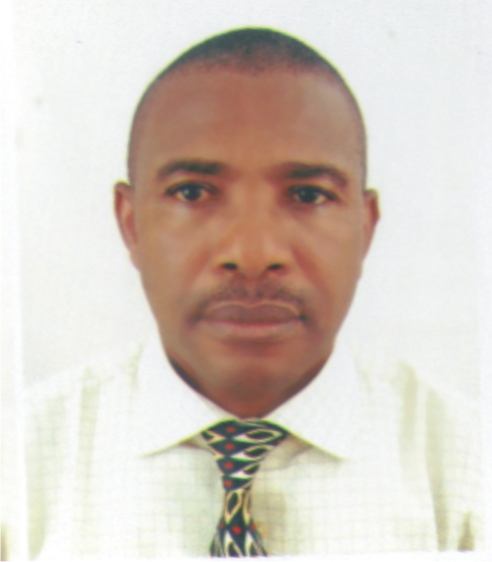Nigeria’s water problems to receive attention in AfDB’s new 5-year strategy

Ben Eguzozie is business a.m. regional lead based in Port Harcourt, providing regional and national coverage for economy, business and finance
You can contact him on ben.eguzozie@businessamlive.com with stories and commentary.
November 29, 2021819 views0 comments
-
To increase water security, foster sustainable, green, inclusive growth continent-wide
-
Meeting Nigeria’s basic water needs requires $23bn over 2020-30
-
Country’s access to pipe-borne water declined 12% in 1990 to 3% by 2015
-
Bank’s active water sector portfolio at $5.02bn by end-Oct 2021
Nigeria, with critical water problems, especially lack of access to pipe borne water, is among African countries set to reap big in the African Development Bank’s (AfDB) new five-year water strategy project which aims to increase water security in the continent by 2025.
According to Beth Dunford, AfDB’s vice president for agriculture, human and social development, the five-year strategy, approved by the bank’s board, aims to increase water security in Africa, and to foster its sustainable, green and inclusive socio-economic growth and development.
For Nigeria, this could bring much relief to a country where premises with access to pipe-borne water declined from 12 percent in 1990 to only 2 percent in 2015, according to statistics. A World Bank report in 2017 said Nigeria’s urban area suffered a huge decline in access to pipe borne water from 32 percent to 3 percent within the same period (1990 – 2015).
According to the USAID, in 2020, water problems were more prevalent in the Northern parts of the country, where over 70 percent lack access to safe drinking water. Also, water has been blamed as the cause of farmers–herders’ conflicts which has claimed many lives, another report in 2018 said.
It was then estimated that meeting the basic water and sanitation needs in Nigeria will require an aggregate of $23 billion over 2020–30.
The AfDB water strategy 2021-2025 with project title: “Towards a Water-Secure Africa,” is a significant milestone for the bank in terms of seeing water development and sanitation as key components toward improving the quality of life for the African people.
Dunford said the strategy would help the African Development Bank Group expand its role as the continent’s partner, while promoting integrated development and management of Africa’s water sector. The strategy will guide the bank’s implementation of its policy on water, which it approved earlier this year.
More than 100 bank stakeholders provided inputs to develop the strategy, which the AfDB’s board lauded as exemplary.
Since 2010, the AfDB has invested an estimated $6.2 billion in water supply and sanitation services. At the end of October 2021, the bank’s active water sector portfolio stood at $5.02 billion, comprising 104 projects implemented in 40 countries, and five multinational projects.
The 2021-2025 water strategy’s four pillars underscore the importance of water and sanitation for socio-economic development; sustainability, resilience, and inclusivity; food production and nutrition; and hydropower. It aligns with the bank’s High 5s, and thus contributes also to the achievement of the Sustainable Development Goals (SDGs) and the African Union’s (AU) Agenda 2063.
“Water is a key enabler for many of the United Nations Sustainable Development Goals, and the African Development Bank considers water to be essential for life, health, dignity, empowerment, environmental sustainability, peace and prosperity,” said Osward Chanda, the bank’s director for water development and sanitation.
Read Also:
- Nigeria’s new import substitution strategy must go beyond slogan
- What do you think of little drops of water?
- AfDB, Islamic Development Bank forge strategic partnership to address…
- FT ranks Moniepoint among Africa's fastest-growing companies in third…
- GDP, progress, and the price of complacency in Nigeria
